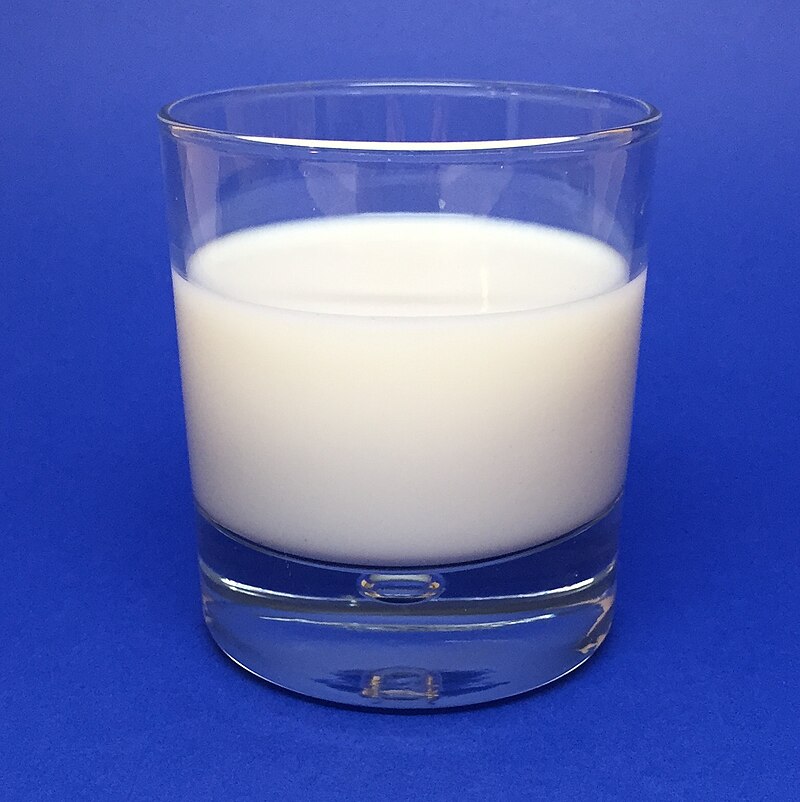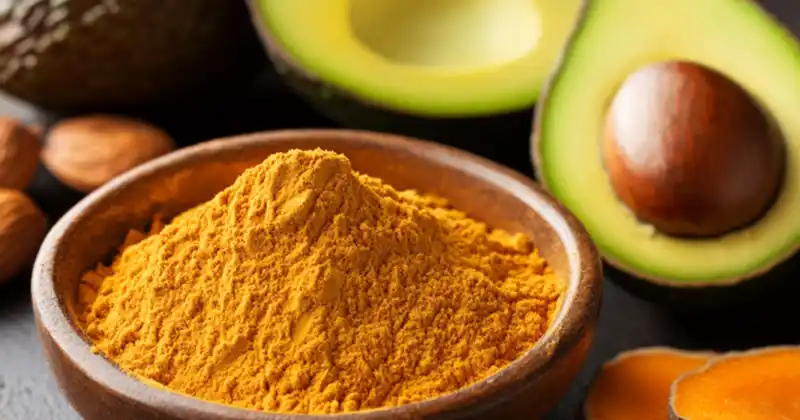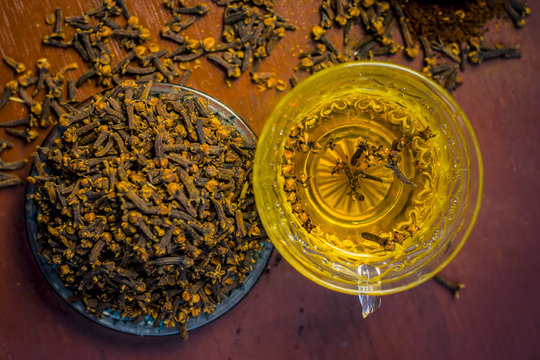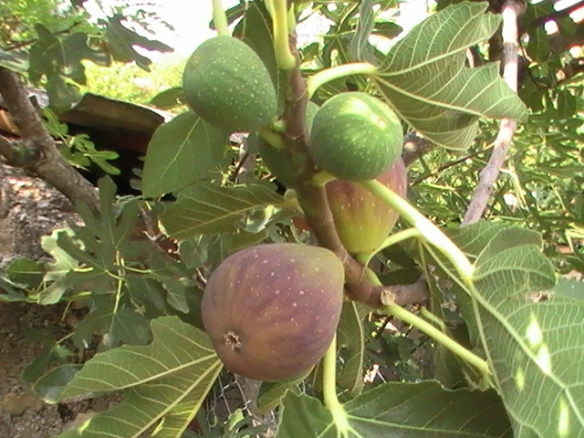Raw milk, straight from the cow (or goat, or sheep), is a topic of much discussion and debate in health circles. While it’s not for everyone, those who advocate for its consumption highlight a range of benefits attributed to its natural, unpasteurized state. Let’s gently meander through the pastures of raw milk benefits, understanding why some choose to embrace it in their diets.
1. Natural Nutrient Bounty
Raw milk is lauded for its rich nutrient profile, packed with vitamins, minerals, and enzymes in their most natural form. Unlike pasteurized milk, which undergoes heat treatment that can diminish nutrient levels, raw milk retains its full array of vitamins like A, B, D, and E, as well as minerals such as calcium, magnesium, and potassium. These nutrients are essential for maintaining healthy bones, robust immune function, and overall vitality.
2. Digestive Delight
Many raw milk enthusiasts report easier digestibility compared to its pasteurized counterpart. The presence of lactase-producing bacteria in raw milk may help lactose-intolerant individuals tolerate milk better, as these beneficial bacteria aid in breaking down lactose. Additionally, enzymes crucial for absorbing fats and nutrients remain intact, supporting a smoother digestive process.
3. Creamy Immune Support
Raw milk contains immunoglobulins, proteins that function as antibodies. These components are thought to enhance the immune system, potentially offering a layer of protection against some common pathogens. The natural microbial flora in raw milk might also play a role in building a resilient gut microbiome, further bolstering your body’s defenses.
4. Allergy Alleviation
Some studies suggest that children who consume raw milk may have a lower risk of developing allergies and asthma. The theory is that exposure to the diverse bacteria in raw milk can strengthen the immune system, helping it to better differentiate between harmful invaders and harmless substances.
5. A Taste of Tradition
Beyond the health aspects, there’s something to be said for the taste and tradition of raw milk. Many find it richer and creamier than pasteurized milk, offering a direct connection to the land and local farming practices.
While the decision to include raw milk in your diet is personal and should be made with consideration of potential risks and local regulations, its proponents find significant value in its natural, wholesome qualities. As with any dietary choice, it’s important to source from reputable, clean, and responsible farms to ensure the highest quality and safety.





